30 million people living in the United States develop kidney stones, which can be extremely painful. Half of those who get a kidney stone develop another one within five years, eventually leading to chronic kidney disease and, over time, kidney failure. People who have diabetes, risk of diabetes and obesity have much higher risk of kidney stone.
Kidney stone is primarily made up of calcium oxalate. Too much oxalate in our system is a leading driver of kidney stone. Oxalate is the primary component of kidney stone and humans do not possess the enzyme/genes needed to degrade oxalates that enter our body through food or is created by our liver. We rely on a family of gut bacteria called Oxalobacteraceae to help us break down and subsequently excrete excess oxalates in our body.
Spinach and Kale are packed with fiber. They are rich in calcium and folate - essential minerals and vitamins our body needs to keep our DNA healthy - which makes them a super-food for many, but they are also high in oxalates which makes them dangerous for some.

If you do not have the right gut bacterial community and consume excess Kale or spinach, especially uncooked, you significantly increase your risk for kidney stone.
Calcium enters your body primarily through foods like milk or spinach. There are 12 genes that regulate your calcium metabolism. CASR gene is the most well researched and determines how effectively your body is processing calcium from food and making it available to your cells.
The role of the gut bacteria in human health, our understanding of gene variations that create individualized response to food and fitness keeps expanding. Recent studies conducted at the University of Chicago and National Cell Institute, Pune – Digbi Health’s research partner - describes progress in understanding how factors produced by the gut bacteria Oxalobacter formigenes and a strain of Lactobacciluscan prevent the development of kidney stones by reducing the amount of stone-forming oxalate in the urine and escorting it through the colon for excretion.
What Should You Do?
My philosophy is an ounce of personalization is worth a pound of guessing and perhaps hurt. We have growing and overwhelming evidence that our DNA and gut biome work together to create our bio-individuality. Their common source of fuel is food. They collectively determine your energy level, how you fight illness or reverse a disease . You should get you DNA and gut biome mapped, track your gut biome and to understand how it is impacted by your food and lifestyle.
Thanks to the plummeting cost of gene, gut biome sequencing and smartphones you can do that for less than a dollar a day. Digbi Health+ program and app allows you to make informed decision about your food, sleep, fitness patterns based on your DNA and gut biome.
Meanwhile here is a list of foods that are high in oxalates.


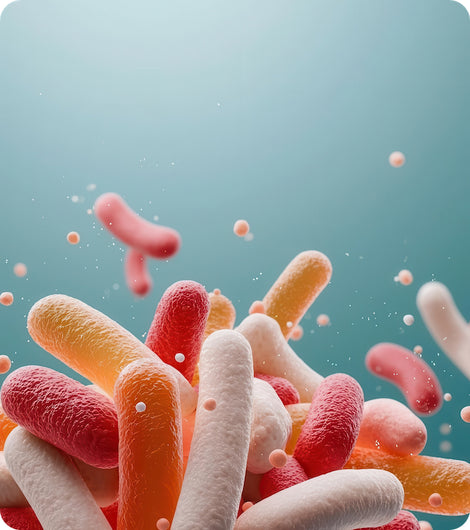




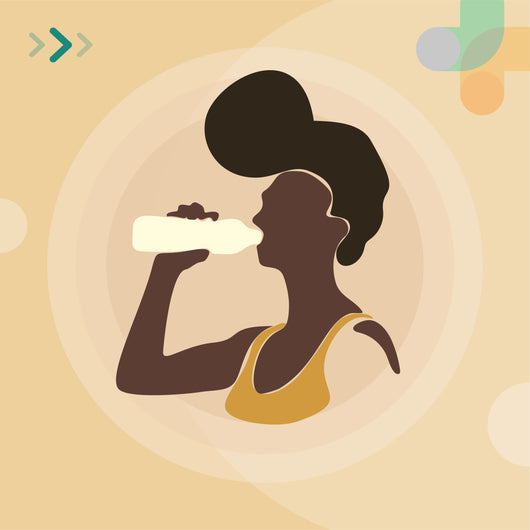
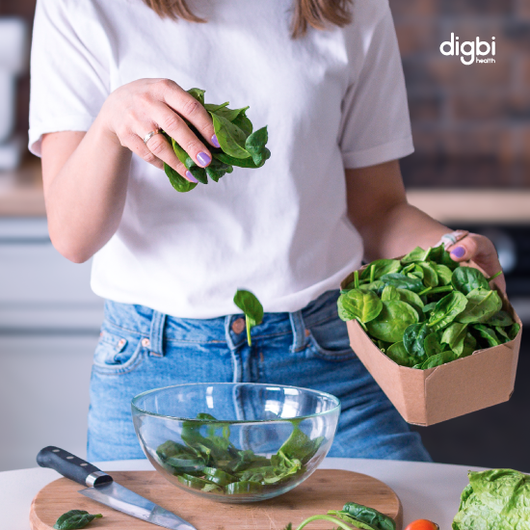
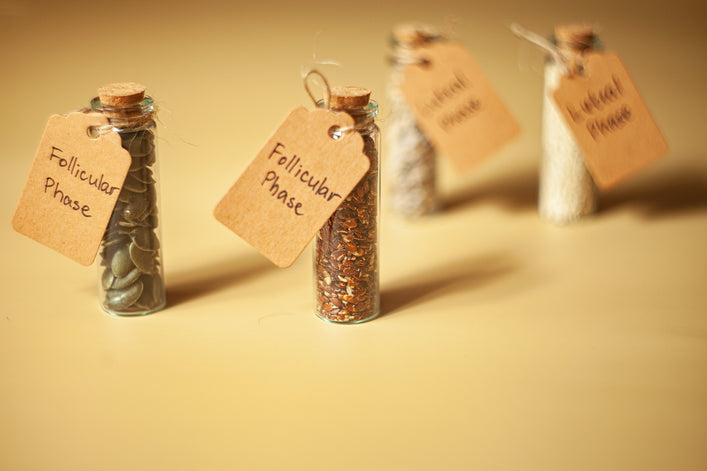
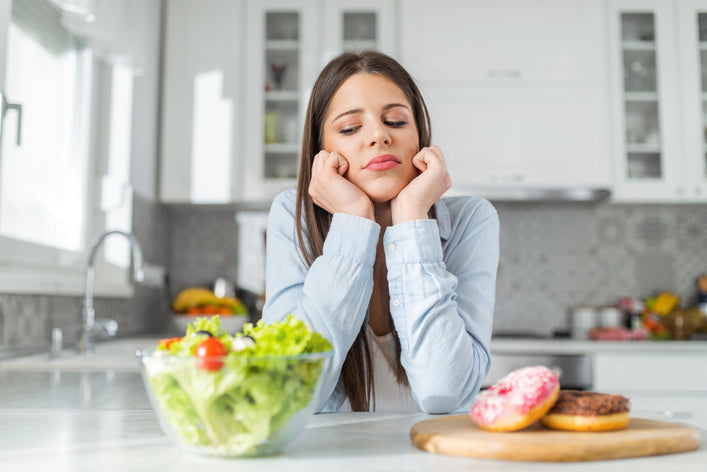
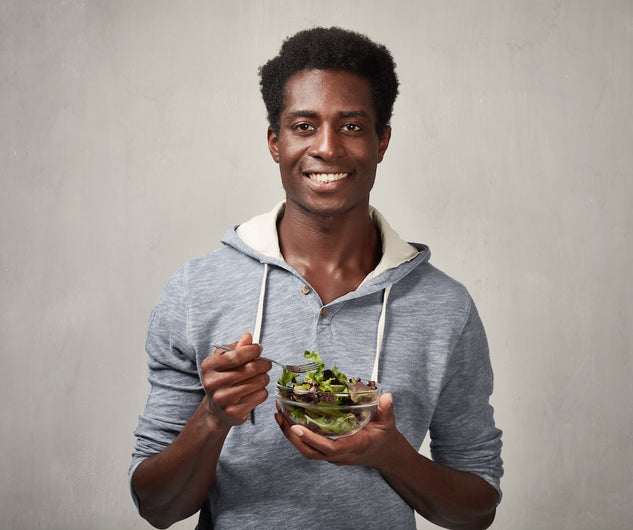
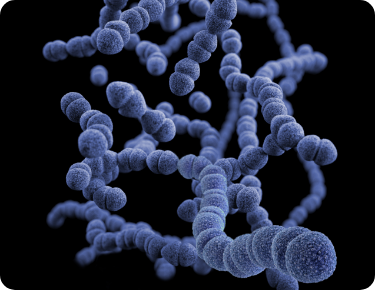

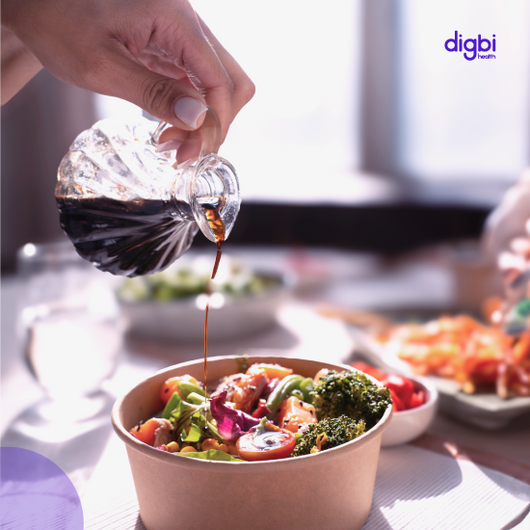
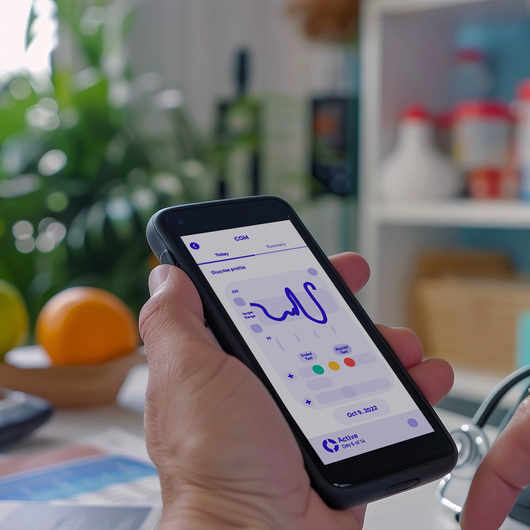

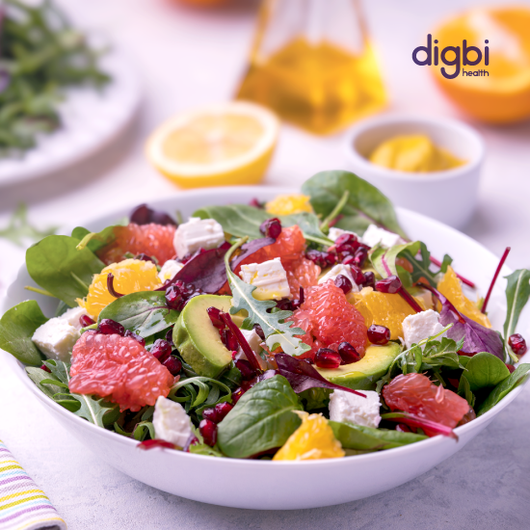

Mar 21, 2023 at 08:05AM